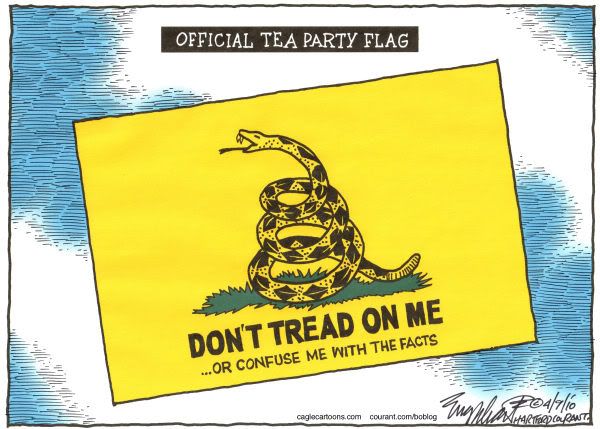bobjustbob
Proud member of FreeOnes Hall Of Fame. Retired to
Ummm...yeah, so how do you account for the 14th Amendment's equal protection clause then. You know, the one that states that you can't give one group protection or privileges (with the exceptions of them being convicted felons or non-adults and even then in a pretty limited degree) under the law that you deny others, like for example, allowing one segment of the population to be able to marry and another to not be able to. So it's not the Federal Government or the States government telling the other side anything. It's the Constitution, the supreme law of the land and the basis of which our entire country's legal structure is based on, that they both agreed to that's binding them. Or at least it should be.
For that matter how do you explain away the Constitution’s "Full Faith and Credit Clause" that states have to recognize each others public acts, records and so forth.
Constitutionally, either everybody adult can marry another adult or nobody can, and as long as either the federal government or the states recognize a marriage they all must do so.
D-rock, what are you talking about? It is equal protection under the law for all citizens. It doesn't say anything about groups. If a law is written in a state then all citizens are subject to it. If you want to talk about groups how about the age to get married? Every state sets their own guidelines. Same with common law. Your sate decides how you file your federal return. married or not. I'm not saying if I am for or against it, but there is nothing at the federal level that regulates this.
AMENDMENT XIV
****** by Congress June 13, 1866. Ratified July 9, 1868.
Note: Article I, section 2, of the Constitution was modified by section 2 of the 14th amendment.
Section 1.
All persons born or naturalized in the United States, and subject to the jurisdiction thereof, are citizens of the United States and of the State wherein they reside. No State shall make or enforce any law which shall abridge the privileges or immunities of citizens of the United States; nor shall any State deprive any person of life, liberty, or property, without due process of law; nor deny to any person within its jurisdiction the equal protection of the laws.
BobJustBob.

 It will happen unless they stop expanding the federal government and stop taking away rights.
It will happen unless they stop expanding the federal government and stop taking away rights. 


